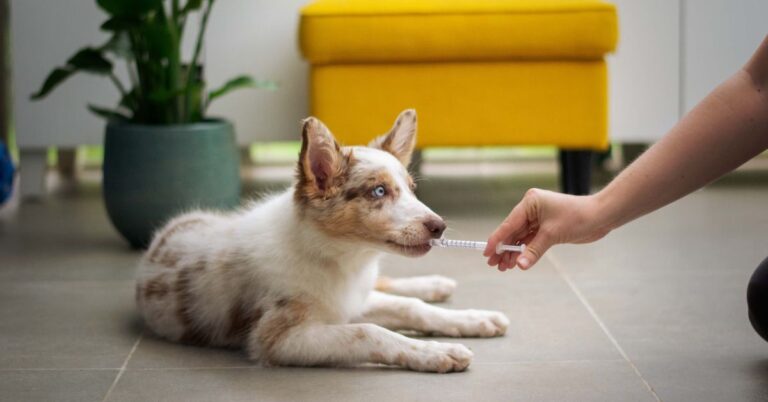15 Factors to Weigh Before Getting a Miniature Schnauzer as Your Pet

Thinking about adding a Miniature Schnauzer to your family? These adorable pups bring endless joy and personality. However, adopting a pet is a significant commitment and here are 15 essential factors to consider before welcoming one of these spirited companions into your life.
Understanding Their Personalities
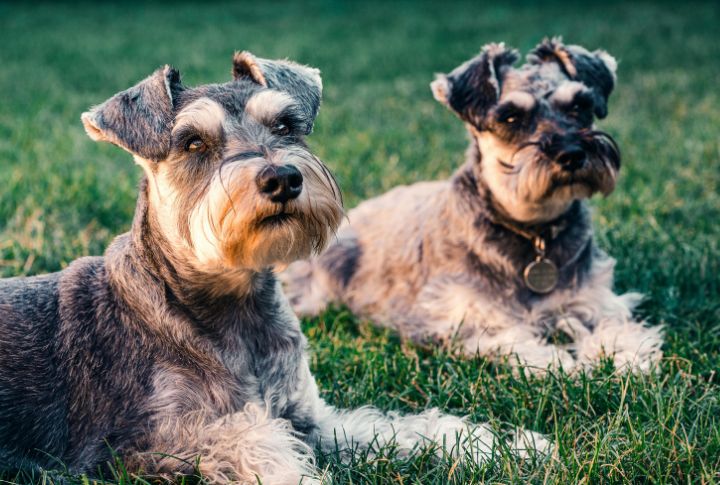
Miniature Schnauzers are known for their lively and playful demeanor. Their spirited nature often leads to affectionate interactions, which makes them great family pets. However, they can also display stubbornness and independence. Acknowledging their temperament will help you train and socialize your Schnauzer effectively and create a harmonious relationship from the start.
Size and Space Needs
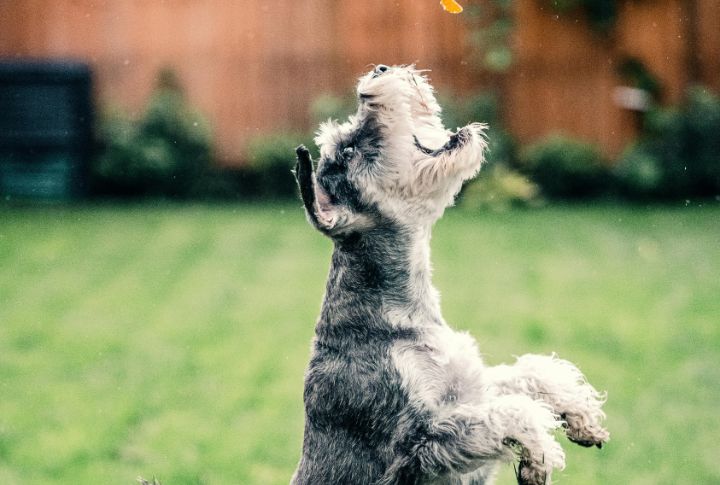
These little canines weigh between 11 and 20 pounds and are around 12 to 14 inches tall. Their modest size makes them perfect for flats or houses with limited space. However, ensure your living environment accommodates their energetic playfulness and gives them space to explore their surroundings.
Grooming Essentials

Their wiry, distinctive coat is one of the breed’s most appealing features, but it requires maintenance. Routine brushing and trimming help avoid mats and tangles, while monthly baths keep them fresh. Grooming every five to six weeks keeps their coat sharp; for many, these sessions become a cherished bonding experience.
Energy to Burn

As little bundles of energy, Miniature Schnauzers require daily exercise. To keep them engaged, aim for at least thirty to sixty minutes daily physical activity, including walks, playtime, and mental challenges. Fun activities like fetch or agility training not only satisfy their energy but also prevent boredom-related behaviors.
Dietary Needs

To prevent weight gain, Miniature Schnauzers require a balanced diet tailored to their age and activity level. High-quality dog food, whether commercial or home-prepared with vet approval, is essential. Monitor calorie intake and avoid excessive treats. Additionally, be mindful of portion sizes; overfeeding leads to obesity.
Possible Health Considerations
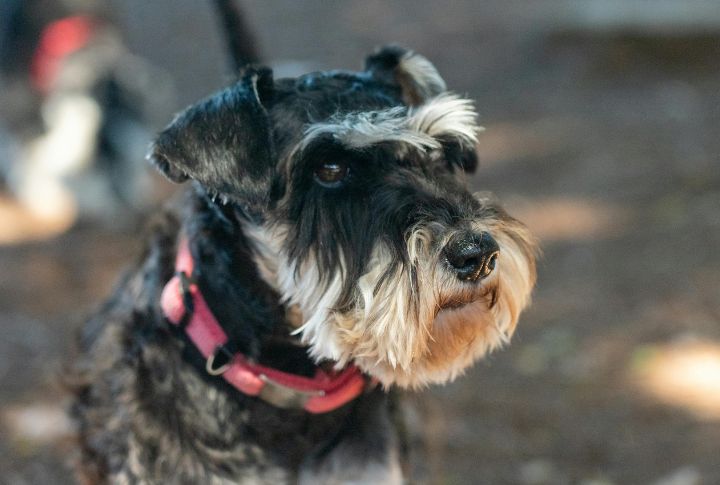
Like any breed, Miniature Schnauzers can be prone to specific health issues, such as cataracts, hyperlipidemia, pancreatitis, liver shunts, and urinary stones. A balanced diet and routine veterinary exams are essential for their care. You should also research reputable breeders to ensure you’re getting a puppy with a healthy lineage.
Allergy-Friendly Coats
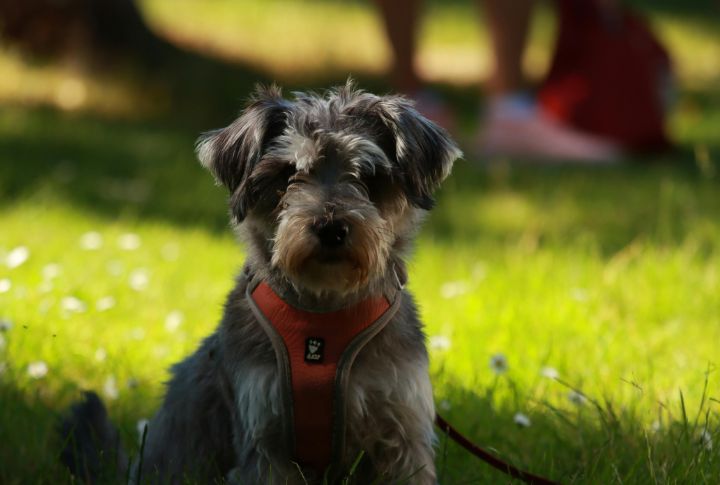
Miniature Schnauzers are an excellent option for family members with allergies brough about by dander. Thankfully, their minimal shedding and low dander production help with this. While no dog is completely hypoallergenic, this breed allows allergy sufferers to enjoy companionship without sneezing, itching, or any skin rash interruptions.
Training Requirements

Training a Miniature Schnauzer can be rewarding yet challenging due to their intelligent yet stubborn nature. They are friendly, lively, and eager learners, but you have to start with basic obedience training early on and utilize positive reinforcement techniques. Consistency and patience are essential for fostering good behavior and ensuring your pup becomes a well-mannered companion.
Socialization Importance

Early socialization is critical for Miniature Schnauzers to grow into well-rounded pets. To help them become more confident and less anxious, expose them to different situations, humans, and other animals. Proper socialization can prevent aggressive tendencies, help them develop a friendly disposition toward others, and make them great sports animals.
Family-Friendly Companions
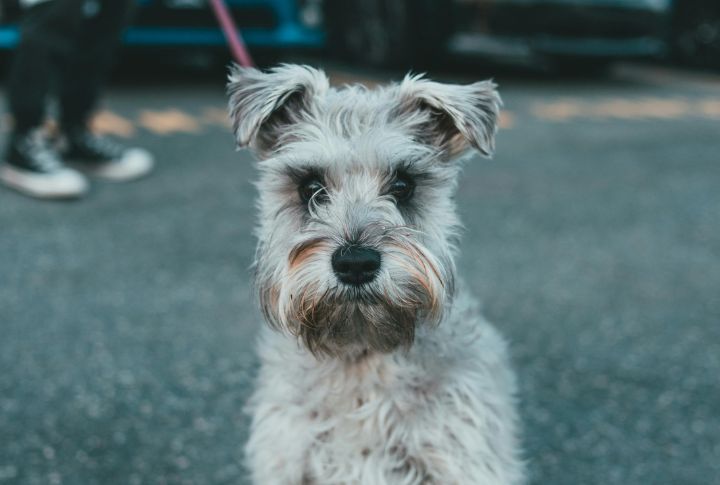
Welcoming a Miniature Schnauzer into your family means considering how they’ll integrate into your daily life. Their amiable and affectionate personalities make them ideal companions for youngsters. However, teaching kids gentle interaction is essential to nurturing a loving environment, ensuring a harmonious relationship that fosters respect and lasting memories.
Living Environment

Adaptable and versatile, Miniature Schnauzers excel in various living situations, from urban apartments to rural homes. Their double coat provides insulation against cold weather, and this allows them to thrive in chilly climates. This natural protection ensures they stay warm and dry and it makes them perfect companions for winter adventures and outdoor fun.
Sensitive to Extreme Cold

While their wiry double coat provides some protection from the cold, these dogs are not suited for subzero temperatures. Extended exposure without appropriate gear, such as dog sweaters or booties, can lead to discomfort or health issues. Balancing outdoor adventures with indoor warmth is essential during icy months.
Vocal Nature

Expect a chatty companion, as vocal tendencies are common in this breed. Known for barking at noises or strangers, they make effective watchdogs but can be disruptive in quiet settings. While training can mitigate excessive barking, it demands patience and consistency to obtain the desired results in behavior management.
Navigating Miniature Schnauzer Ownership

Before bringing home a Miniature Schnauzer, check local regulations and pet policies as some areas may have restrictions.Consider adopting through a rescue group, which can provide valuable insights into the dog’s history as well. Joining Schnauzer communities offers support and tips, and they enrich your experience as a first-time owner.
Lifelong Friendship
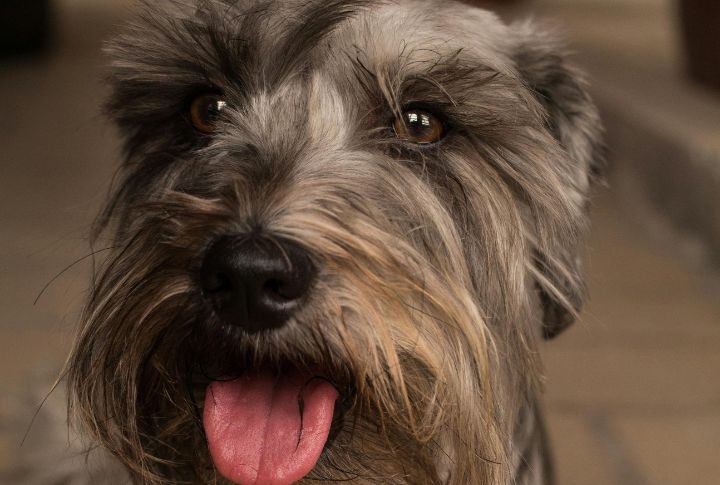
Embracing a Miniature Schnauzer means welcoming a loyal companion who brings joy and laughter. Their affectionate nature and playful spirit create unforgettable moments. But please, prepare for adjustments in your daily routine to provide the attention they need. With a lifespan of 12 to 15 years, they require a long-term commitment.




